A Case For Reading Short Fiction
Love to read, but short on time? Tasty tidbits of tales can prove just as satisfying as a long novel. Check out these short story collections.
- story by Carole McKellar
Only the best short stories get published, which means they are well written. One of the best storywriters working today, Lorrie Moore, wrote that the short story “has a deeper but narrower mission than longer narratives, one that requires drilling down rather than lighting out. Like poetry, it takes care with every line. Like a play, it moves in a deliberate fashion, scene by scene. Although a story may want to be pungent and real and sizzling, still there should be as little fat as possible.”
The New York Times picked Lucia Berlin’s collection of stories, “A Manual for Cleaning Women,” as one of the five best works of fiction for 2015. I was intrigued by its title and the biographical information provided about the author, who died in 2004. She is largely unknown although she had seven story collections published during her lifetime. “Homesick: New and Collected Stories” won the American Book Award in 1991, so the literary world knew and respected her. Lucia Berlin spent her childhood in western mining towns and her teens in Santiago, Chile. She had three failed marriages that produced four sons. She was an alcoholic for most of her life, and she worked at unglamorous jobs to support herself and her sons. She spent most of her adult life in California, Mexico, and New Mexico. After becoming sober in the 1990s, she taught creative writing at the University of Colorado.
Berlin’s stories are filled with desperate times and hardscrabble existence, but also with humor and truth. She based her stories on the events of her life, writing about actual jobs she held — cleaning woman, hospital ward clerk, switchboard operator, and teacher. She wrote frequently about a woman with failed marriages and four sons. It was almost like a memoir, but you never really know truth from fiction.
There are threads of the same stories throughout Berlin’s work. A dying sister and an unfeeling mother are central to several narratives. In the story, “Mama” is characterized with wicked humor and thoughtless cruelty. She disowns her daughter for marrying a Mexican, and when the daughter appears at her house announcing she’s dying of cancer, the mother closes the blinds and ignores the banging on her door. Berlin wrote of the mother, “She hated children. I met her at an airport when all four of my kids were little. She yelled, ‘Call them off!’ as if they were a pack of Dobermans.” Once when a cabdriver was surly, the mother said, “You seem rather thoughtful and introspective today.” Lucia Berlin writes with compassionate understanding, free of condescension. In the title story, she rode the bus to work cleaning houses that aren’t dirty for people who think maids steal from them. On the ride, she outlined her guide to success as a cleaning woman. She advised, “Let them know you are thorough. The first day put all the furniture back wrong… five to ten inches off, or facing the wrong way. When you dust, reverse the Siamese cats.” I loved these stories because they are elemental and real. There are spare and joltingly alive. Both of my book groups have chosen “A Manual for Cleaning Women” to read in 2016, and I look forward to rereading it each time. It’s going to live on my shelf of favorite books. Other story collections I have admired: “Bark,” Lorrie Moore “Thunderstruck,” Elizabeth McCracken “Selected Stories: William Trevor” “Tenth of December,” George Saunders “Interpreter of Maladies,” Jhumpa Lahiri “This is How You Lose Her,” Junot Diaz “Redeployment,” Phil Klay “The Adventures of Sherlock Holmes,” Arthur C. Doyle Whether you are a constant reader or the person who feels too busy to pick up a book, I recommend short story collections. Comments are closed.
|
Categories
All
Archives
July 2024
|
Shoofly Magazine Partners
Our Shoofly Partners are local businesses and organizations who share our mission to enrich community life in Bay St. Louis, Waveland, Diamondhead and Pass Christian. These are limited in number to maximize visibility. Email us now to become a Shoofly Partner!



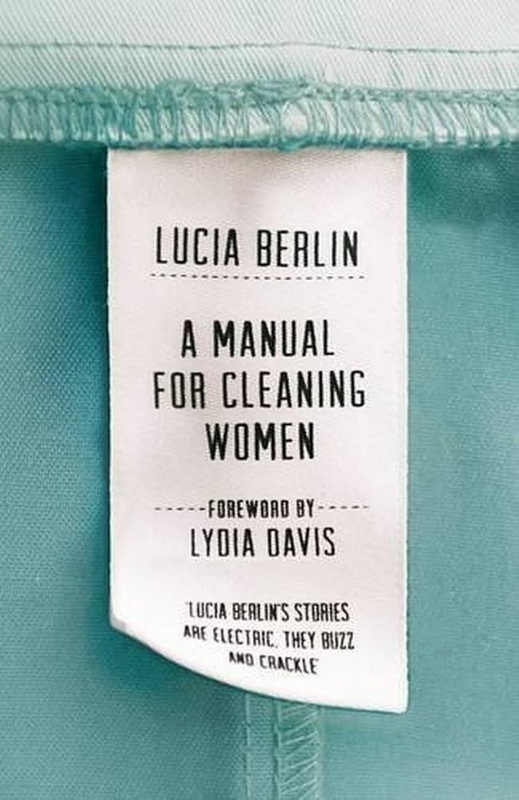
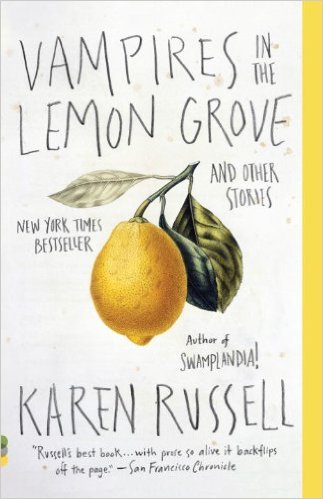
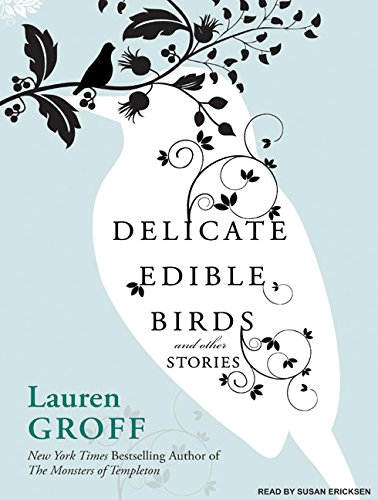
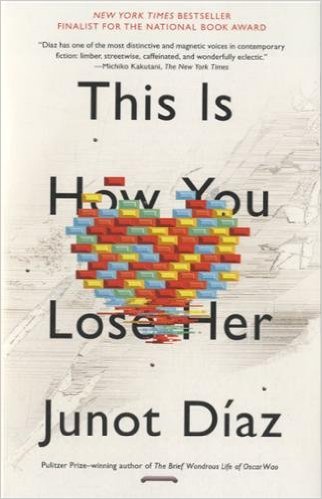
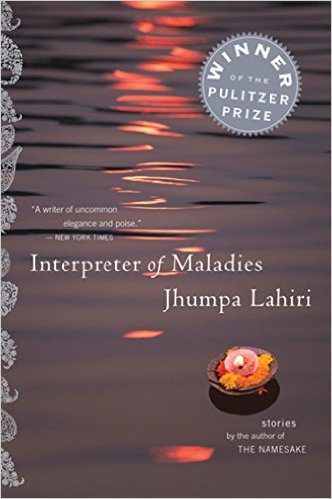
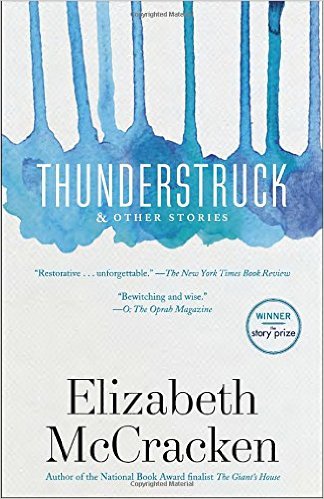

























 RSS Feed
RSS Feed























